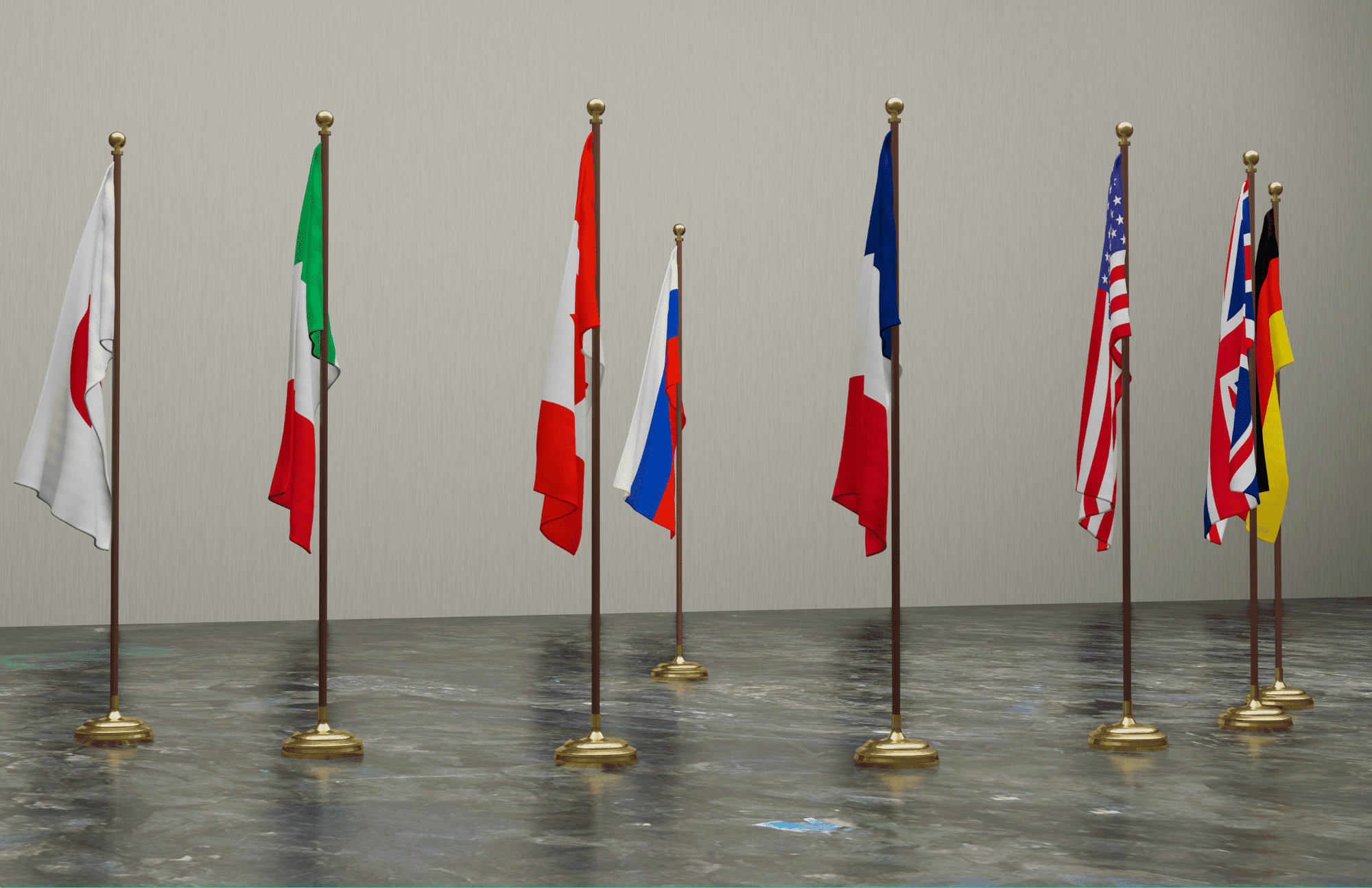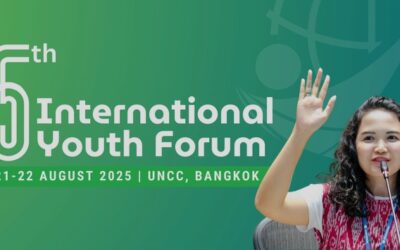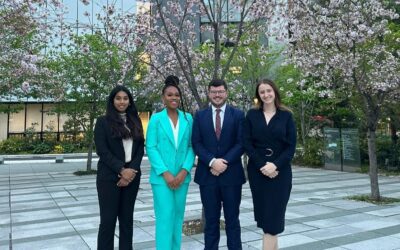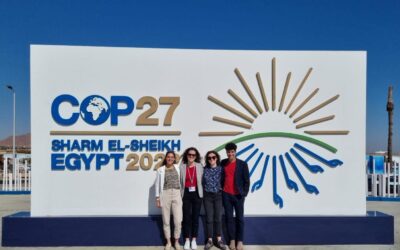The Youth 7 (Y7) is one of six engagement groups supported by the U.K. Government during its 2021 G7 Presidency, with the others being the Business 7, Civil Society 7, Labour 7, Women 7 and Science 7.
The 2021 Y7 communique is an accumulation of four months’ worth of intense, collaborative effort between young leaders from each of the seven G7 countries, as well as from the EU and Australia.
Thousands of young people across the G7 countries were consulted through surveys and focus groups, with their voices guiding the policy recommendations developed by the young leaders. The young leaders then participated in four weeks’ worth of challenging negotiations during which they agreed the final recommendations they wished to raise to G7 leaders. Their recommendations – known as a communique – will be presented by Y7 delegates to the U.K.’s G7 Sherpa at the Y7 2021 Summit on Friday 14 May.
Professor Ian Chapman, who has mentored the Climate and the Environment Delegates since their selection, said:
“To find answers to the climate crisis, we need young people with the passion, ideas and energy to drive them. I have been so impressed by the Y7 group and the solutions they have come up with. As someone involved in developing low-carbon energy through fusion, their recommendations really resonated with me – and I’m sure they will have an impact on the G7 during the U.K.’s presidency and beyond.”
The youth recommendations have focused on “Making Waves for Future Generations”, calling on leaders to accelerate socially just transitions to long-term, sustainable practices to protect future generations’ livelihoods. Envisaging a world where indigenous communities and other minority groups are engaged and empowered to participate in decision making, they made nine recommendations to world leaders to ensure societies and ecosystems thrive together, including:
-
Strengthen global early warning systems, and co-designing risk reduction programs with climate-vulnerable regions and marginalised communities by 2022;
-
Increase funding for green, climate-resilient research significantly through multilateral agreements, set R&D targets for their net-zero ambitions in 2021, and ensure renewables make-up over 75% of electricity mix by 2030.
-
Implement a legally binding agreement for the conservation of marine biodiversity and sustainable management of all activities in the High Seas, and establish 10% of fully protected MPA by 2030.
Commenting, Jouja Maamri, the U.K.’s delegate in the Climate and the Environment Track, said:
“The Y7 Climate Track is passionate about ensuring that young people are able to participate in key decision making around current and future climate policy. We chose to focus our policy recommendations on areas that were the most important to the thousands of young people we surveyed and consulted with prior to drafting the policies. Our voice is important as we are the generation that will inherit the climate crisis.
We are excited to be given the opportunity to present these policies to leaders and hope that they not only take these forward but continue to advocate for the power of the youth voice”
In 2021, the U.K. hosts the G7 Presidency. The G7 Leaders Summit will take place 11 – 13 June in Carbis Bay, Cornwall.
The Y7 2021 is hosted by the Future Leaders Network and the Summit took place virtually on 8 – 9 May and 14 – 15 May.
About Professor Ian Chapman
Ian Chapman was appointed Chief Executive Officer of the UK Atomic Energy Authority in 2016.
Prior to this, he was appointed Head of Tokamak Science at Culham in 2014. He was also made a Fellow of the Institute of Physics in 2013 and became a visiting Professor at Durham University in 2015.
As a researcher, he has published over 110 journal papers and given 30 invited lead-author presentations at international conferences. He has won a number of international awards, including the European Physical Society Early Career Prize in 2014, the Institute of Physics Paterson Medal in 2013, the IUPAP Plasma Physics Young Scientist Prize in 2012 and the Cavendish Medal for Best early-career UK physicist awarded by SET for Britain in 2011.





